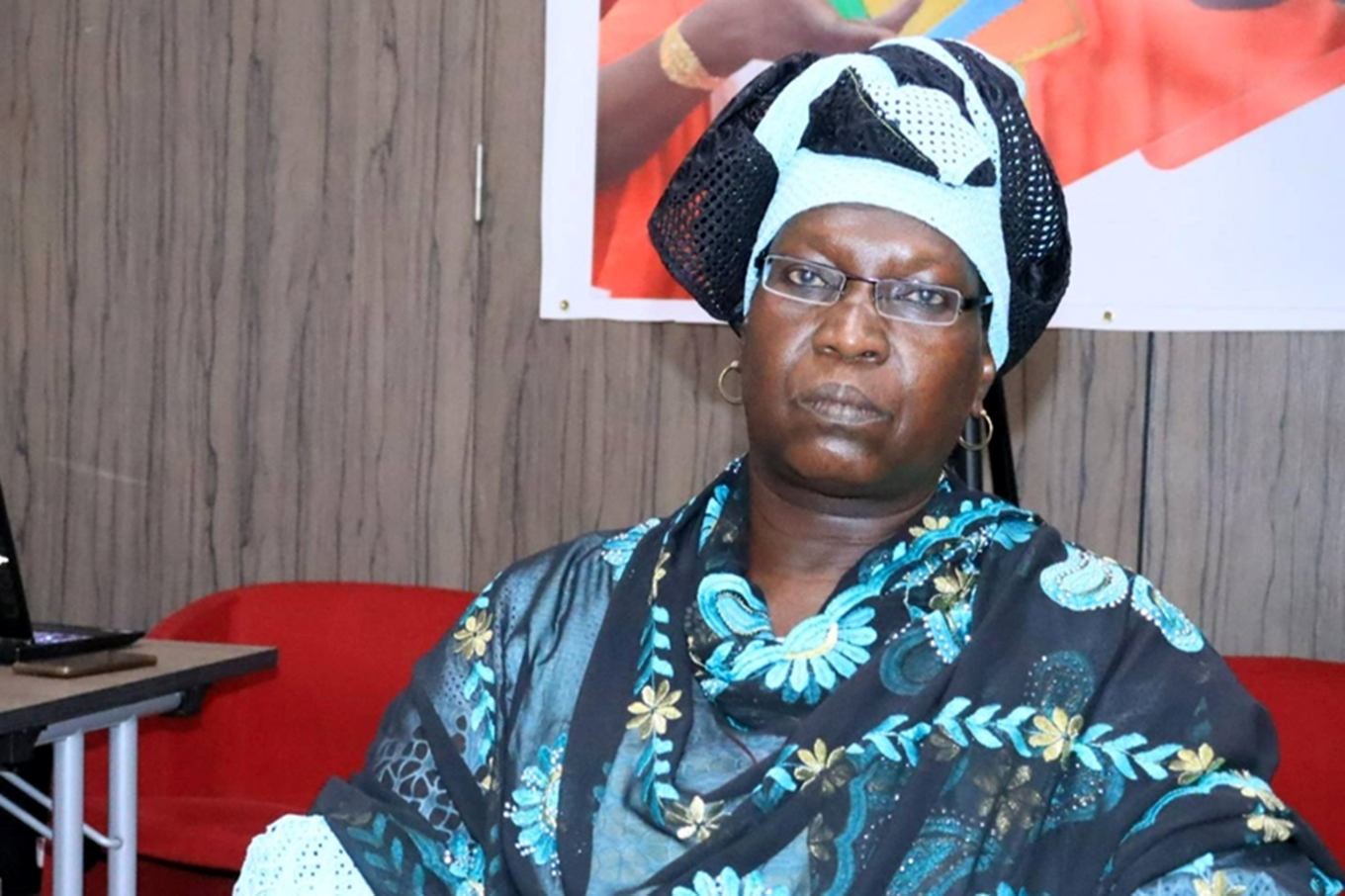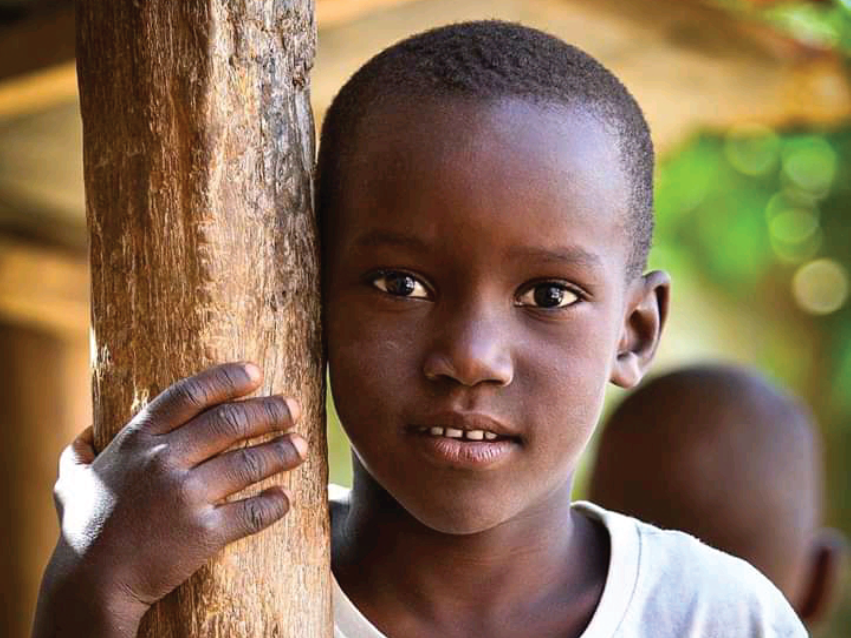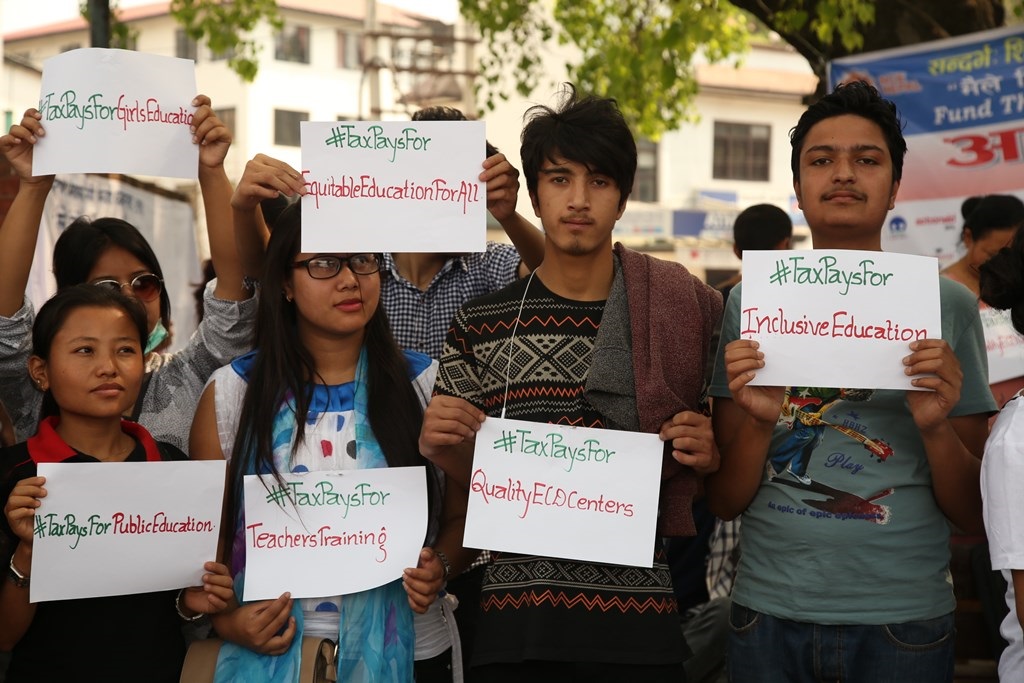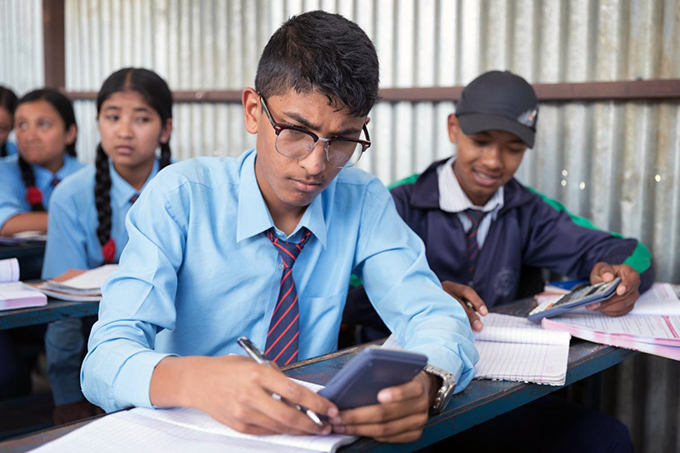Change story, Senegal: My voice counts now!
In eastern Senegal, specifically in the community of Bala in the Tambacounda region, you’ll find one of the largest but also poorest regions in the country. Among other things the region has the fewest number of teachers available, and – according to ActionAid program intervention context analysis - access to information and decision-making power on e.g., the budgetary voting process was for years restricted.
Women in general had very limited access or say in budgeting procedures and in knowing how much of the budget was allocated to public services such as education. Not to mention women’s lack of awareness of their rights. It was not possible for them to have a clear view of the procedures for managing financial resources.
About Action Aid
- Action Aid is a global justice federation working to achieve social justice, gender equality and poverty eradication.
- In Senegal they work with local communities and with support from Education Out Loud to advocate for changes that will help keep children, especially girls, in school and increase the quality of their education.
- Action Aid Senegal also train farmers to improve their livelihoods and health workers to combat preventable illnesses.
- TaxEdAlliance is funded by Education Out Loud and brings together Action Aid, Tax Justice Network, Global Alliance for Tax Justice and others in a project to increase domestic financing of public education. Focus countries are Nepal, Senegal and Zambia.
- Follow the work of ActionAid Senegal and TaxEdAlliance on Twitter @actionaidSN / @alliance_ed
“The place of women in Bala as in many societies here was perceived to only be at home to nurture the children. Only, changes cannot happen when a part of citizens is left behind. And of course, all voices count to bring a change,” says El Hadji Moussa Sarr, project officer for the TaxEd Alliance at Action Aid Senegal.
The change came through learning
This lack of inclusivity and transparency little by little led some women in the community to start questioning the system around public services and wanting to understand how things are supposed to function. Action Aid Senegal met these women and understood their frustration, their advanced level of vulnerability.
“We judged it fair to train women to first understand their rights and enable them to actively participate in decision making processes and become community champions with strong voices,” says El Hadji Moussa Sarr.
One of these women was Mariatta Diarra, born in 1961 and illiterate but determined to go on the journey of learning to be able to understand governance and accountability processes.
“I could see there were gaps in our public services. I may have not been to school, but I thought I should be able to contribute to the development of my community,” says Mariatta Diarra.
80 women in total, from Bala and neighboring communities, were offered a three-day thorough training in rights, policy processes, budget planning and allocation as well as concrete guidance on how to seek knowledge and influence. All carried out in their local dialect and adjusted to also accommodate those with none or limited educational background.
Becoming a champion
It took place as part of the Action Aid supported “Women reflection and Action Circle” where most of the women afterwards stayed as members and continued learning from and supporting each other.
“As a result, the targeted women got to know their rights and the systems on which public services in their community was based. And we were happy to see, that immediately after, some of them began to attend municipalities meetings. And that was only the first step for several of them,” says El Hadji Moussa Sarr.
Later in 2021 through Education Out Loud, Action Aid as part of the TaxEd Alliance added a project focusing on feminist leadership in communities, Mariatta Diarra with the other women got the opportunity to learn more. They were trained further on various topics such as education funding, budget monitoring, resource mobilization and citizen control until they became community leaders partaking in advocacy efforts.
“But knowledge alone was not enough, and as part of our strategy to champion women and girls and amplify their voices, we encouraged them the best we could to actively participate in the development of their community,” adds the Action Aid Senegal Project officer El Hadji Moussa Sarr.
How to translate knowledge into influence
One place to start was attending the municipality meetings. Upon realizing that municipality meetings are public and therefore open to all, Mariatta Diarra decided to go to the meetings.
But despite her thorough training, Mariatta Diarra found it very hard to follow the discussions at the meeting. She was even under the impression, that municipality members were deliberately complicating things to discourage her from participating. At the same time, it showed to be custom that all materials and documents used by the municipality were in French only and therefore inaccessible to Mariatta Diarra and the other women with limited education background.
The reward of consistent commitment
Faced with these barriers Mariatta Diarra decided not to try and form nor express her opinion during the meetings. Instead, she would go home and ask her grandson to read and translate all the documents for her. She would then make an informed decision and voice it out at the next meeting and at the same time advocate for the municipality to instead use the national dialect.
The need to make the meetings more inclusive were soon acknowledged and the board changed its ways to allow more citizens follow and influence their work. Mariatta Diarra has since taken it further, than she herself had ever dreamt.
In 2021 she had already achieved and proved herself enough to stand and get elected for the municipal board herself. She was even subsequently – as the first illiterate woman ever - named Deputy Mayor of the community of Bala and member of the School Management Committee. She remains a champion of advocacy on education and the financing of public services where she now actively contributes and create positive changes.
“Thanks to the trainings and guidance I received, I now have access to the decision-making space. I can attend the parliamentary vote and make amendments; I have the power of decision and influence over the management of my community's resources. And I know how my tax is being used,” Mariatta Diarra says.



